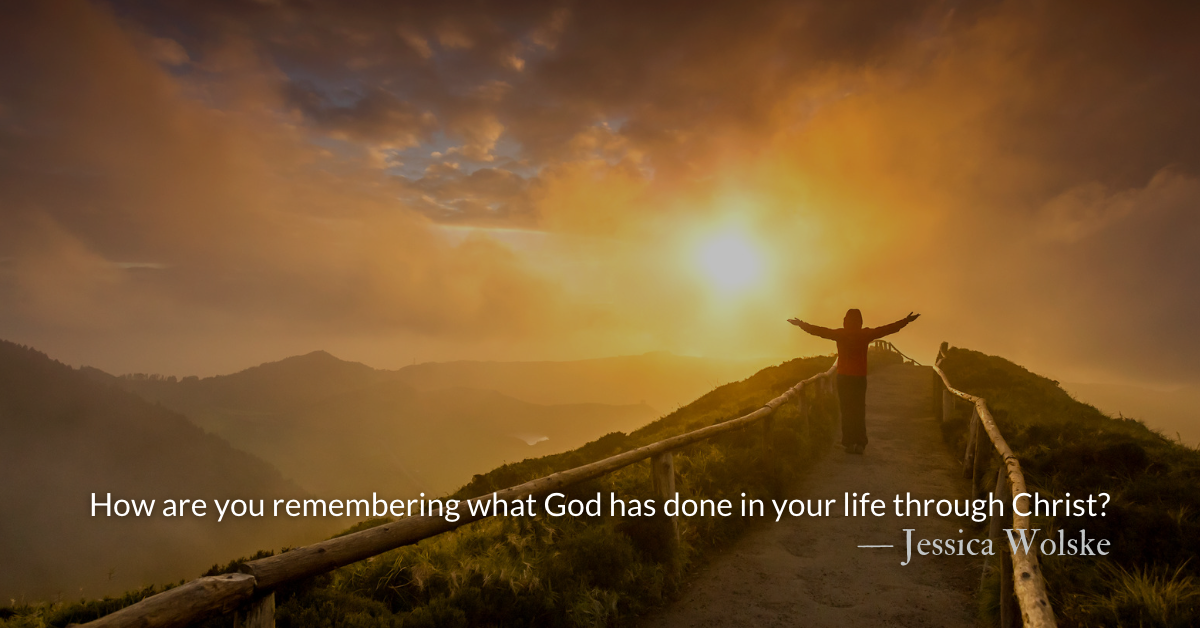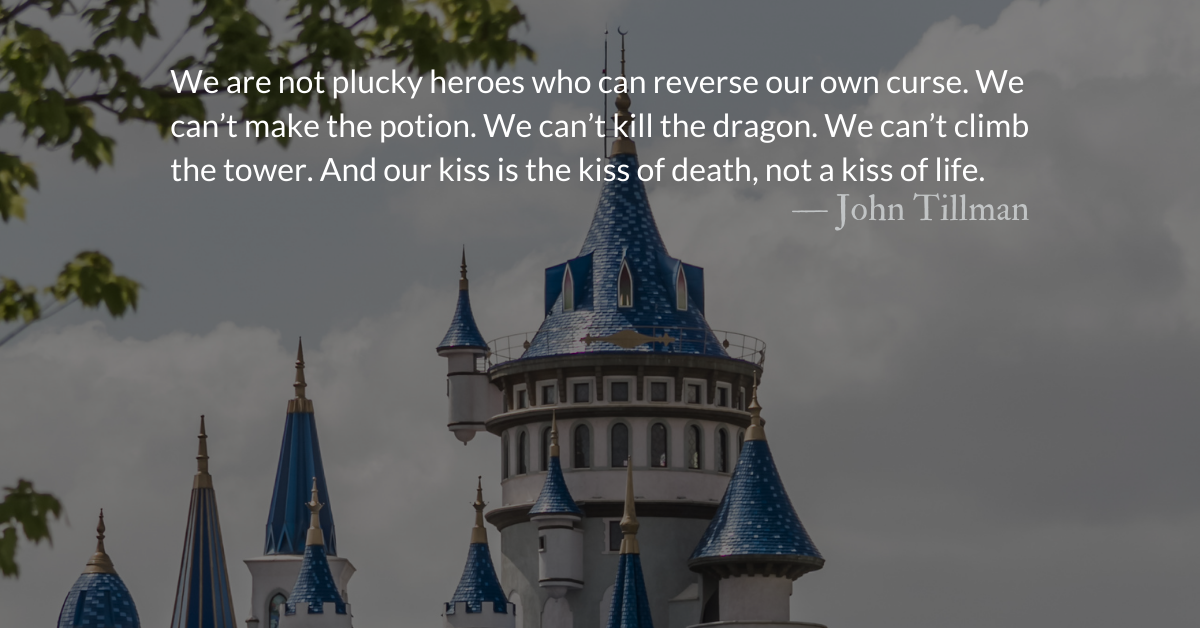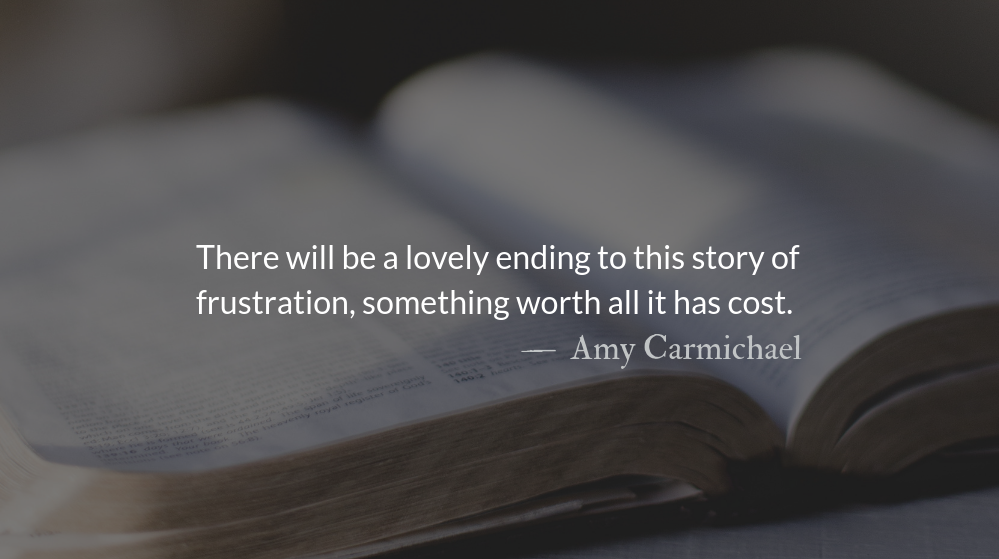Scripture Focus: Deuteronomy 28.58-59
If you do not carefully follow all the words of this law, which are written in this book, and do not revere this glorious and awesome name—the LORD your God— the LORD will send fearful plagues on you and your descendants, harsh and prolonged disasters, and severe and lingering illnesses.
Reflection: Don’t Forget!
By Jessica Wolske
Throughout Deuteronomy, God calls the people to remember their story as the people of God and to remember his character. He is the “faithful God who keeps his covenant of love…” (Deut 7.9) As the new generation steps into their calling to keep God’s covenant as his people, their identity is formed through remembrance that leads to worship. (Deut 8.6, 10.12, 13.4, 17.19)
Deuteronomy is the retelling, the passing on, of the covenant to the new generation. This was to prevent forgetting their identity and to encourage fellowship with God through worship and reverence.
What helps us hold on to our identity in Christ so that we too may be led to worship in Spirit and in Truth? (John 4.24)
God warned the Israelites that if they didn’t follow his commands and revere him they would experience plagues, disasters, and illnesses. (Deut. 28.58-59) Christ has paid the punishment of all our sins. So while we, as Christ’s followers, may endure hardship, it is not because of God’s punishment.
Sickness, natural disasters, or plagues are not always the result of not remembering or obeying God. However, when we don’t remember our identity and follow his ways, God’s peace, joy, and other fruits of the Spirit will elude us.
One way Israel remembered God and his ways was through festivals and feasts outlined in the Law. These ordained pauses obliged them to reflect and remember their relationship with God.
Creating rhythms and rituals to remember God can include taking on something new, like a spiritual discipline that you’ve not tried before. Similarly, we can take the existing rhythms of our everyday lives and special occasions and include moments of silence, a prayer of thanks, or lighting candles to center on God.
Take time this week to meditate on Psalm 78 which retells Israel’s failed attempts at keeping God’s law and the sickness, disasters, and plagues that God sent to draw them back to him, just as our Deuteronomy passage addresses. How are you remembering what God has done in your life through Christ?
From the beginning of time, God has desired a relationship with his people. He welcomes our creativity in remembering him as an act of worship. In light of Deuteronomy 28.20-68 and Psalm 78, write your own psalm of what God has done in your life through Christ.
Divine Hours Prayer: The Greeting
Whom have I in heaven but you? And having you I desire nothing upon earth. — Psalm 73.25
– From The Divine Hours: Prayers for Summertime by Phyllis Tickle.
Today’s Readings
Deuteronomy 28.20-68 (Listen10:11)
Romans 8 (Listen 6:22)
This Weekend’s Readings
Deuteronomy 29 (Listen4:14), Romans 9 (Listen 5:15)
Deuteronomy 30 (Listen3:12), Romans 10 (Listen 3:21)
Read more about Reversible Blessings and Curses
The gospel message we carry is that, in Christ our curse is broken and all people can join him to be blessed.
Read more about Remembering Relationships
The life of faith is one of great highs and great lows. At times we may feel the very river of life bursting out to bless those around us. At times we may feel weak and dry.









